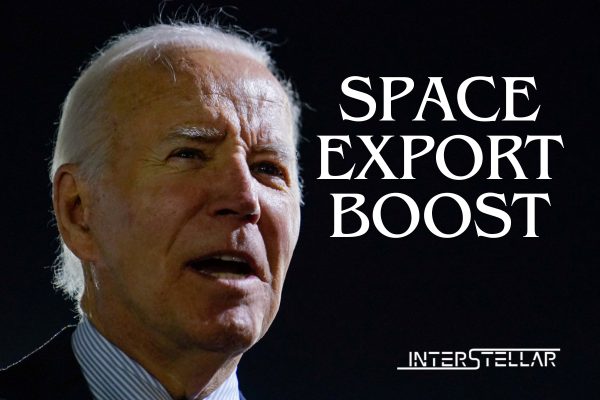US Eases Export Restrictions Under Biden Administration
US eases export restrictions on US commercial space companies, allowing them to ship satellite and spacecraft-related items to allies and partners more easily. This move by the Biden administration is intended to support the growing space industry while protecting national security and foreign policy interests.
US space companies, including SpaceX and defense contractors like Lockheed Martin, L3Harris Technologies, and Boeing, stand to benefit from the updated regulations. These changes were announced on Thursday and published in the Federal Register.
Supporting Innovation and International Collaboration
Deputy Secretary of Commerce Don Graves highlighted the advantages of the new rules, stating that the updates will reduce the regulatory burden on US companies, helping them maintain their leadership in space innovation. The new regulations will also foster stronger international partnerships and support economic growth through collaborations on shared space priorities.
The changes will specifically benefit exports to key allies like Australia, Canada, and the United Kingdom. For certain items, including those related to remote sensing and space-based logistics, licenses will no longer be required for shipments to these countries.
Broader Impact on the Global Space Sector
The updated rules are expected to strengthen the AUKUS security pact between the US, the UK, and Australia, which focuses on technology sharing in response to China’s growing influence in the Indo-Pacific. Additionally, less sensitive satellite components will be exempt from licensing requirements for exports to over 40 countries, including Japan, South Korea, and many European Union nations.
However, as US eases export restrictions, certain restrictions will remain in place for “countries of concern” such as Russia and China. The Commerce Department also proposed shifting jurisdiction over certain space-related defense articles from the State Department, further streamlining exports to trusted allies.
These changes follow a long-awaited rulemaking process that began nearly five years ago. SpaceX had previously called for streamlined regulations to reduce compliance costs and increase exports. The eased rules are expected to help SpaceX expand its international presence, especially as it continues developing its next-generation reusable rocket, Starship.
SpaceX is already in talks with US and Australian officials to test-land a Starship rocket off the Australian coast, a move that could increase the company’s footprint in the region.





